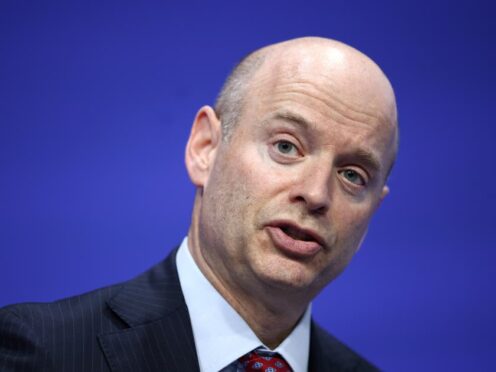More than six in ten company directors believe their businesses should not exist solely to make money, a new survey has found.
Businesses are increasingly taking a broader view of their purpose so that they serve the interests of all their stakeholders, rather than a sole focus on maximising shareholder value. This has led to a number of major UK employers committing to defining a social purpose, a trend that has been confirmed in the latest Institute of Directors (IoD) research.
The recent survey of more than 700 directors found that 62% stated that they believed that businesses should not exist solely to make money and generate shareholder profits.
Almost half felt that companies should have a stated social purpose to help solve problems in society.
More than 9 out of 10 businesses have a purpose, mission, or vision that guides themselves and their companies.
The focus on values highlights upcoming changes in
The IoD is supporting the Better Business Act campaign, which seeks to place stakeholders at the heart of companies, with 51% of directors believing that the Companies Act focuses too much on shareholders and not enough on stakeholders.
The campaign would amend Section 172 of the Companies Act 2006 so that companies are legally obligated to operate in a manner that benefits their stakeholders, including workers, customers, communities and the environment, while seeking to deliver profits for shareholders.
Amin Aboushagor, policy advisor at the Institute of Directors, said: “Corporate purpose has taken on a greater emphasis during the pandemic, particularly seeing how many businesses grappled with the challenges posed by Covid-19.
“The way that customers, employees, suppliers, and other important stakeholders are treated matters, and their views and interests must be considered alongside that of shareholders. In this new business world, we encourage directors to reconsider the purpose of their companies and the societal problems that they seek to solve.”










